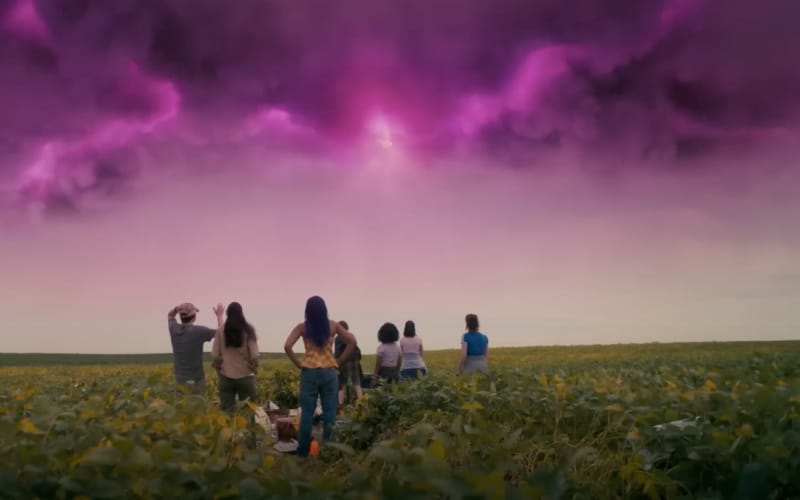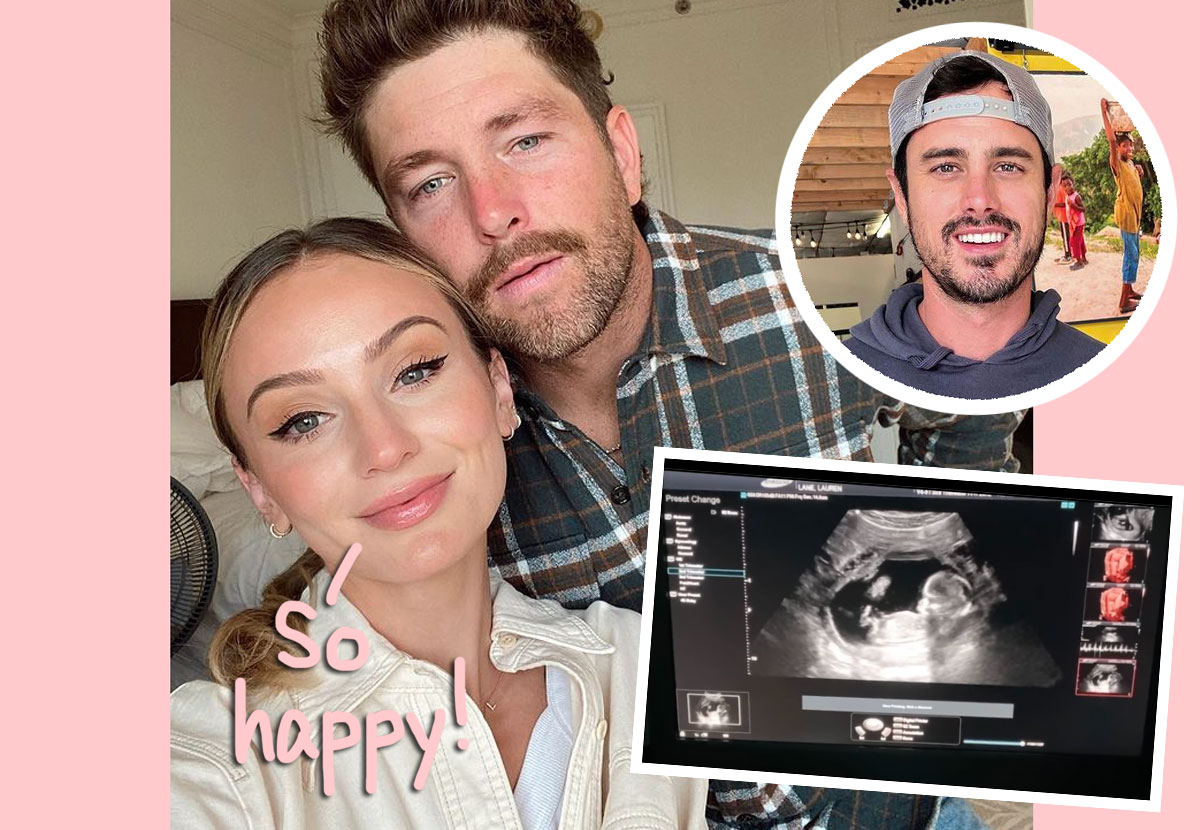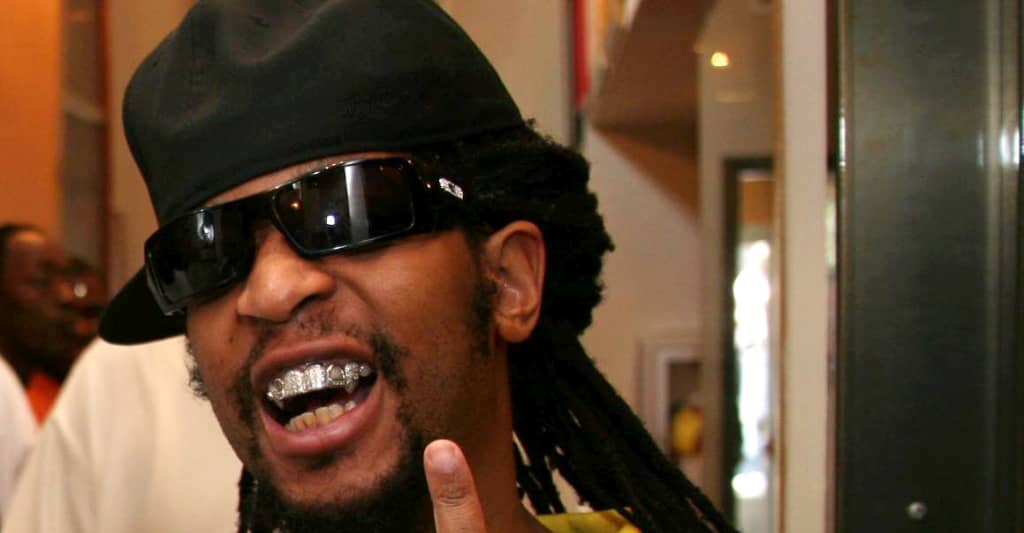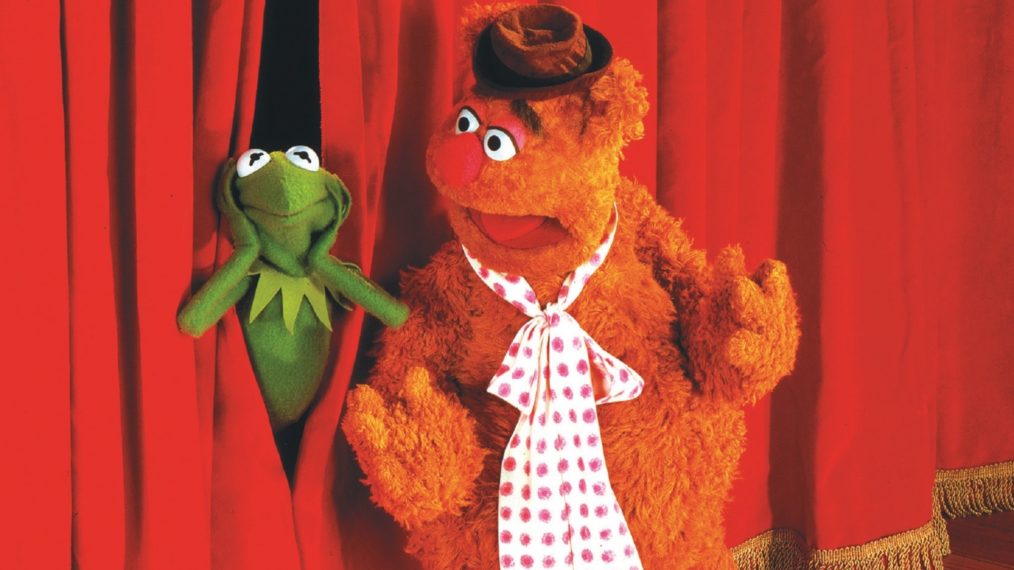#The Paper Girls Interview: Rejecting the Nostalgia Trap

Table of Contents
“The Paper Girls Interview: Rejecting the Nostalgia Trap”
<span class="mx-1">We interview the cast and crew of Paper Girls and discuss how the series challenges cookie-cutter nostalgia entertainment. </span>
</p><div id="">
<figure class="sf-entry-featured-media ">
<img width="800" height="500" src="https://filmschoolrejects.com/wp-content/uploads/2022/07/Paper-Girls-Interview.jpg" class="articlethumb wp-post-image" alt="Paper Girls Interview" srcset="https://filmschoolrejects.com/wp-content/uploads/2022/07/Paper-Girls-Interview.jpg 800w, https://filmschoolrejects.com/wp-content/uploads/2022/07/Paper-Girls-Interview-768x480.jpg 768w" sizes="(max-width: 800px) 100vw, 800px"/> <p>
<span class="sf-entry-flag sf-entry-flag-creditline">Amazon Studios</span>
</figure>
<!-- START BYLINE -->
<div class="row align-items-center justify-content-center my-4 text-center medium dark-gray">
By Lisa Gullickson · Published on July 29th, 2022
</div>
<!-- END BYLINE -->
<i>Welcome to </i>Comic-Con Returns<i>, our column celebrating San Diego’s mightiest comic convention and its revival after three long desolate years. In this entry, we interview with the cast and crew behind the new Amazon Studios series Paper Girls.</i>
Paper Girls is a best-selling comic by the brilliant creators Brian K. Vaughn and Cliff Chiang about four twelve-year-old girl friends in suburban Cleveland in 1988. While they are out on the job delivering papers, bullying teenagers chase them into a basement where they have a chance encounter with a time machine that zaps them forward in time. From that point on, mysterious forces punt them to and fro on the timeline, where they are frequently confronted and challenged by future versions of themselves. They also get mixed up in “The Battle of the Ages.” It’s a war between the Teenagers of the 71st Century, who believe that the future is entitled to change the past, and the Old-Timers, who wish to thwart the Teenagers and preserve history as is.
Writer Brian K. Vaughan (Y: The Last Man, Runaways, Saga) and artist Cliff Chiang (Green Arrow/Black Canary, Wonder Woman, Catwoman: Lonely City) are two of the most renowned comic creators and two of my personal faves. What engages me about Paper Girls is the idea of taking a core sample of your selves and then letting them hash it out. Your twelve, twenty-seven, and forty-two-year-old selves loving on each other, being disillusioned, proud, and making excuses. In dark moments, I measure my worth against my preteen self’s expectations and wonder if she’d be disappointed. Guaranteed, she wouldn’t think I was even remotely cool.
During San Diego Comic–Con International, I participated in roundtable interviews with some cast members, showrunner Chris Rogers, Brian K. Vaughan, and Cliff Chiang. The room at the Hilton Bayfront was small and noisy, and I don’t know if it was the din or just my reflection on Paper Girls, but I was a touch introspective and wistful. When the young actresses playing the titular paper girls entered the room – Camryn Jones, Sofia Rosinsky, Riley Lai Nelet, Fina Strazza – they all looked more put together than I have ever been in my life. They all seemed so self-assured, poised – they have careers, for god’s sake. I’m not even sure I have one of those.
When it was my turn to ask a question, I wondered aloud if living in the story of Paper Girls had them casting their imaginations forward to meet their middle-aged selves and what they thought that encounter would be like. Fina Strazza, who plays the academically minded KJ, focused on gratitude, “I think it made me reflect on my future a bit. I almost feel like this show is making all my dreams come true in a way, and I’m doing things that I’ve dreamed about my entire life. I think that in the future, it’s just made me hope that I remember this feeling and really appreciate and savor every moment that I’m doing.”
Cameryn Jones, who plays the techie Tiffany, knocked my socks off, “I think Paper Girls really opened up a lot of philosophical questions for me because it was like, ‘What if I don’t like who I become? Would I be content if they were different than what I picture now?’ It opened a lot of those questions for me, but I think being Tiff also helped me realize as long as future-me is happy, I’m good. It opened up the questions, but it also answered them.”
The table sat in a reflective silence when Sofia Rosinsky, who plays Mac, the 80s’ tomboy,’ realized it was her turn. She smartly replied, “That’s a really nice statement. That as long as I, future-me, is happy, I’m good. I really like that. I’m going to piggyback on what she just said because that was really good.” Me too, Sofia. Me too.
Unchecked Nostalgia can be a pernicious habit, and it works both ways. Nostalgia for the future can delude a person into thinking that their romanticized, idealized vision of that distant island in time exists and that if we don’t reach that destination, other people will get there in our place. It narrows our definition of success. Nostalgia for the past tempts us to gloss over the ugly stuff, omit the pain and suffering, and shrug off the mistakes. It minimizes our failings.
Paper Girls, since its inception, has always been staunchly anti-nostalgia. “Something that was really important to us when we were talking with the writers is that we don’t want to do a nostalgic show,” Brian K. Vaughan insisted with intensity, “It feels like there is a lot of fiction about the ’80s in particular, feels like it has this rose-colored glasses, that it’s more commenting on other shows and movies that we love from the ’80s. But Cliff and I are old timers, and we grew up in the ’80s, and it was oftentimes a dark and scary place, a bigoted, homophobic world. We wanted to say, ‘Look, let’s do a show that really takes a hard look at the ’80s and says, life is not about wallowing in the past and pretending like it wasn’t this dark place.’ Life is about progress and pushing forward.”
When asked about the inspirations used to craft Paper Girls, Cliff Chiang didn’t point to top-forty hits and hairstyles, “A big inspiration for us was our friends, our childhood friends. We both grew up, I think, with lots of female friends, in particular, finding some of their spirit and relying on that to inform us as we went through the story.” Vaughan agreed, “Cliff was always big about, ‘Let’s not do just these ’80s signposts of leg warmers, let’s make it honest and make it about people.’ So, keeping the inspiration always in the real world and not just the songs and video games or whatever we loved from the past.”
Chiang and Vaughan never experienced being twelve-year-old girls the way I did, and I find it poignant that they approached the story of Paper Girls with such intuition and empathy that they could create a comic that still resonates. Now they get to see their story being told with even greater dimensionality as it passes through the prism of the all-female writers’ room (except for showrunner Chris Rogers), all-female directors, and our four Paper Girls. “I think that perspective has always been really important to this story. We try our best to present a story for young female protagonists,” considers Chiang, “and then with the show, having that opportunity with the writers’ room and the directors to really put that female perspective forward. It makes it unlike anything else that’s on TV right now.”
Vaughan shared this anecdote, “I don’t know how many episodes you’ve all gotten to see, but there’s this moment in episode five where the girls get to talk about something very specific. And just hearing about what a joy it was in that writers’ room that day for women to say, ‘What an opportunity for us to talk about the kind of thing you not only never see in genre TV, but you rarely see in TV at all.’ I’m so grateful, not just for them, but knowing that we had an all-female director team, that it was a real honor and privilege to see what it added to the show.”
Watching coming-of-age narratives about being a pubescent tweenage girl is often mortifying for me. The swath of time from about nine-and-a-half to fourteen is one continuous cringe. Fingers crossed that this generation of period-havers have it slightly better off than I did. Riley Lai Nelet, who plays the new girl, Erin, still gets it, “I feel like being 12 years old, not just for girls, but for everyone, there’s this uncertainty of whether or not… Well, you don’t feel like anything is certain when you’re twelve years old. You don’t know if you fit in or not. You’re always asking yourself this big question, like who am I? I think Paper Girls touches on the bittersweet feeling of growing up and not knowing who you’re going to become.” I didn’t have the heart to tell her.
For Chris Rogers, who is also an enormous fan of Vaughan, Chiang, and the Paper Girls comic, it is all about that unifying act of empathy, “I think the great endeavor of Paper Girls is to take 12-year-old girls seriously because we should. Because they’re people that are as fully formed and as thoughtful as we are, and that are dealing with often things that are heavier than we are with more raw emotions. And so I think it’s been good. I think it’s been kind of therapeutic.”
I don’t think that Rogers is saying that he didn’t know preteen girls were people before working on Paper Girls. He points out that as a culture, we tend to think of our adolescence as a transient state and adulthood as fixed. We recklessly dismiss the notions of youth because they’ll inevitably change. We consider our ‘old-timer’ thoughts more valid simply because they are the last and most enduring ideas we’ve had. Paper Girls reminds us that when it comes to the great conversation of ‘who the hell we are, what we’re doing here, and what does this all mean anyway?’ we are all peers. Equally wise and clueless.
Paper Girls starts streaming on July 29th on Prime Video.
Related Topics: Comic-Con, Paper Girls
<!-- AUTHOR BOX -->

Lisa Gullickson is a freelance writer and podcaster. When she’s not clickety-clacking on Film School Rejects, you can find her talking comics and self-care on Comic Book Couples Counseling. Accepting words of affirmation on Twitter: @sidewalksiren (She/Her)
<!-- START RECOMMENDED READING 1 -->
<section class="recommended py-5">
<h3>Recommended Reading</h3>
</section>
<!-- END RECOMMENDED READING -->
</div>
If you liked the article, do not forget to share it with your friends. Follow us on Google News too, click on the star and choose us from your favorites.
For forums sites go to Forum.BuradaBiliyorum.Com
If you want to read more Like this articles, you can visit our Social Media category.




